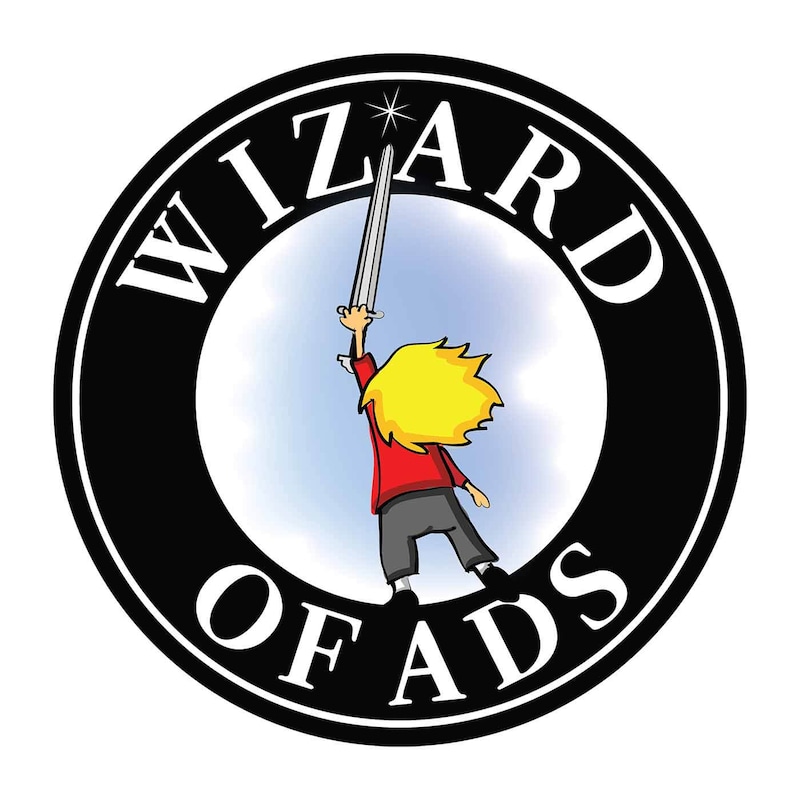Kings and pirates both wear swords, but for different reasons.
A king wears his sword as a symbol of the army he commands. A pirate wears his sword so that it will be at hand when he needs it.
Pirates have a high tolerance for risk because they have nothing to lose. Kings have a low tolerance for risk because they have everything to lose.
A pirate says, “No pain, no gain.” A king says, “No pain, no pain.”
A king is the establishment, the ultimate insider, the protector of the status quo. A pirate is an anti-establishment outsider looking for an opportunity.
I was 10 years old and my father was 30 when he took me with him to visit an important old man. After we left, I said, “He was really nice. I like him a lot.”
My Dad answered, “Yes, he is really nice, and I like him a lot, too. But old men like him always keep a sword in the closet.”
Confused, I asked, “What do you mean?”
Dad said, “If you crowd him, cross him, or attempt to ambush him, that nice old man is going to pull his sword from that closet and run it through your guts.”
It’s been more than 50 years since I met that old man, but I’ve never forgotten the encounter.
I know a lot of old pirates today who became kings just like that old man. With clenched teeth they built castles in their minds, then brought those castles into physical existence using their own hands to stack bricks they made by mixing their blood and sweat with the dirt they stood upon.
Pirates are the founders of empires, not the inheritors of them, and I am honored to count pirates among my friends.
Rich people raise their children to be kings. But poor boys like me raise their children to be pirates.
When our sons were very young – perhaps 4 or 5 years old – I said to them, “Your mother and I will give you gifts on your birthday and at Christmas and at other times, but you can never ask for a gift. When you see a toy, you cannot ask us to buy it for you. You have to buy it yourself. And to make that possible, we will pay you as though you are adults so that you can afford to buy whatever you want. But you won’t get any money for cleaning your room or for any of the other things you do in our home. You will do those things because you are a member of this family. And I will never give you an allowance. But if you ever want to make some money, just tell me and I will drive you to the office and give you work to do.”
If you pay a child the wages of a child, it is impossible for them to ever buy anything for themselves or for the people they care about.
Our boys began their careers by gathering the trash from all the offices and then tossing it into the dumpster in the parking lot. This might take 20 minutes and earn them 20 dollars each, but now they had money of their own. If they wanted to make more money, they had to gather all the gum wrappers and cigarette butts and debris from the parking lot and put that in the dumpster as well. This might earn them another 15 or 20 dollars each.
If a 5-year-old child will push themselves to the realistic limits of a 5-year-old (which is usually 20 or 30 minutes) they should be able to make enough money to buy themselves the kinds of toys that all the other kids have.
When our sons wanted to buy something, they would ask Pennie and I to drive them to the store where we would watch them choose what they wanted, carry it to the cash register, pull their own money from their pocket, and then buy it.
By the time they were 9 or 10 they were puzzled to see their friends pick up something in a store and ask their parents, “Can I have this?” The idea of asking for something was foreign to them.
Pennie and I raised our boys to be pirates and my grandsons became pirates as well, making their first money as groundskeepers and later as construction workers under the watchful eye of Joe Davis, a pirate of the highest order. Those grandchildren are now 17 and 14, and the two younger ones, now 6 and 7, are learning to shout “Ahoy, Matey!” and “Land Ho!”
Study history and you will see that every kingdom was founded by a pirate – a conqueror – who became a king.
And I can promise you that every one of those old kings went to his grave with a sword in his closet.
Roy H. Williams
* Privateers were not pirates. They were a group of bloodthirsty ambushers who worked for the government. Sort of like the Internal Revenue Service.
Steve Wunker, a master of innovation, says these Three Big Myths are holding most companies back.
Myth #1: A company needs to invent a better product or service to be “innovative.”
Myth #2: The hardest part of innovation is hitting on the “big idea.”
Myth #3: Innovation is the exclusive province of high-tech companies.
Wunker says every company, big and small, can innovate, but the real secret is to trailblaze, to go where no company in your category has ever gone before. Listen and learn as Steve Wunker tells roving reporter Rotbart Where to begin, How to begin, and Who should lead the effort. It’s Trailblazing Day at MondayMorningRadio.com!



